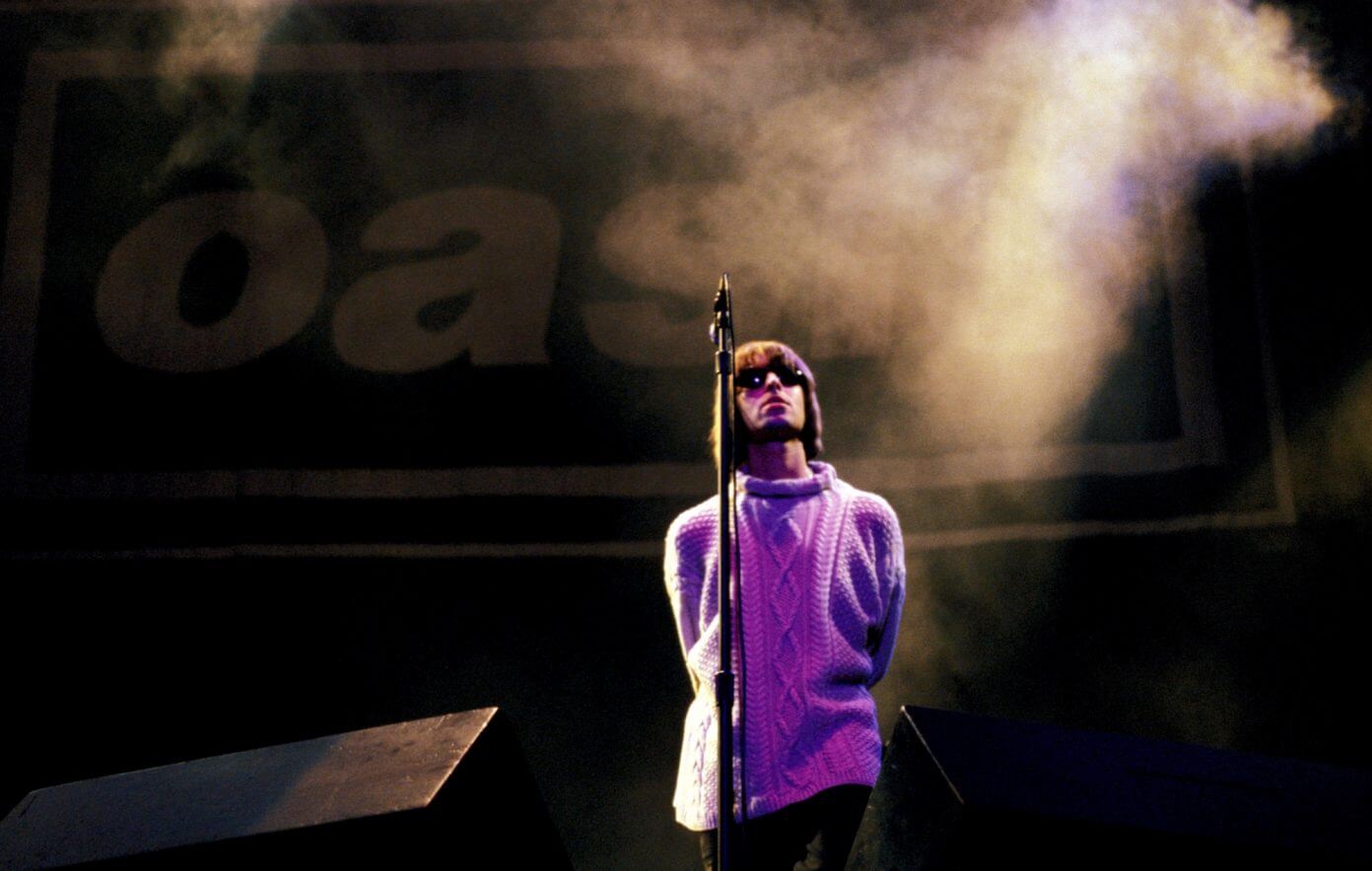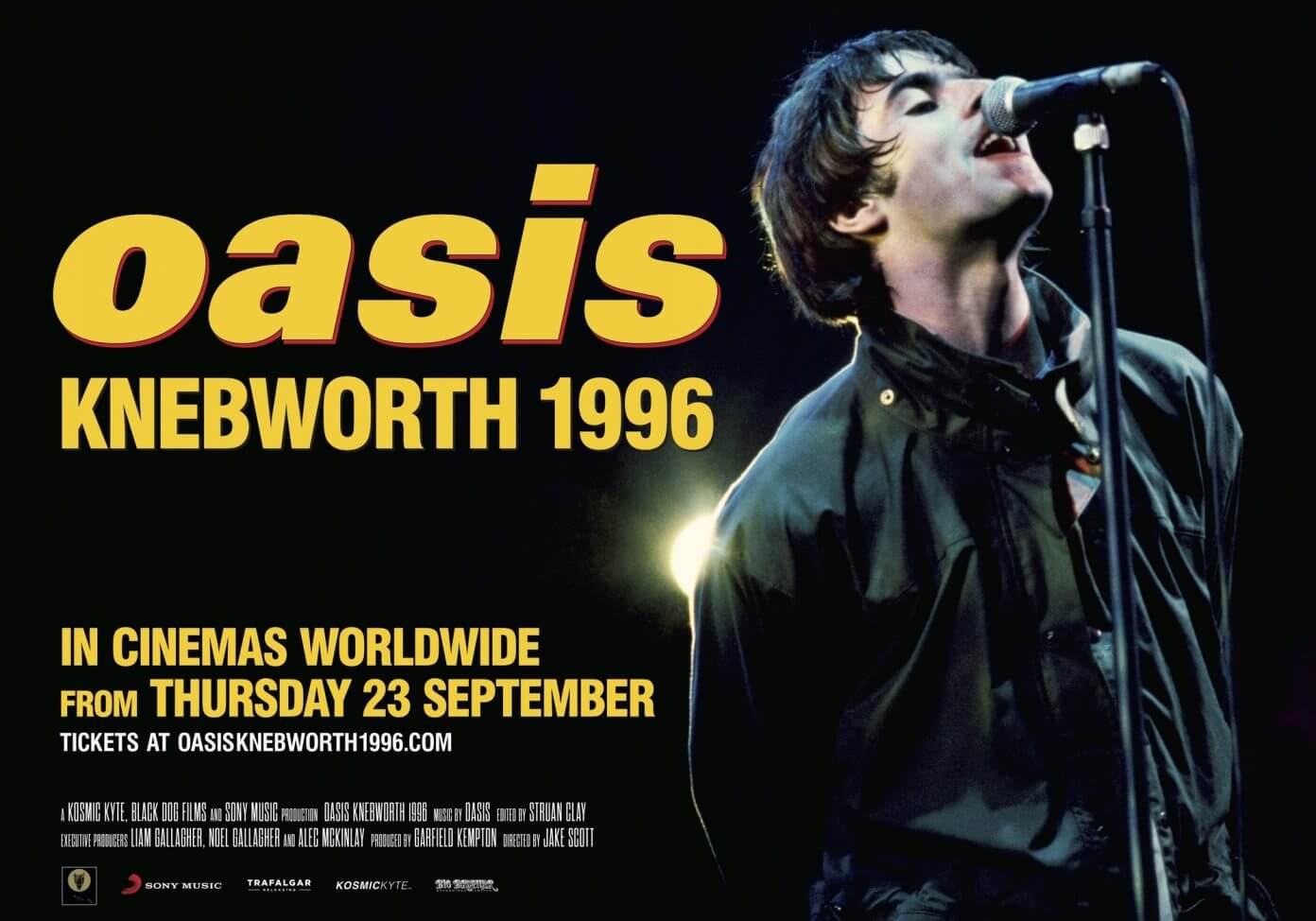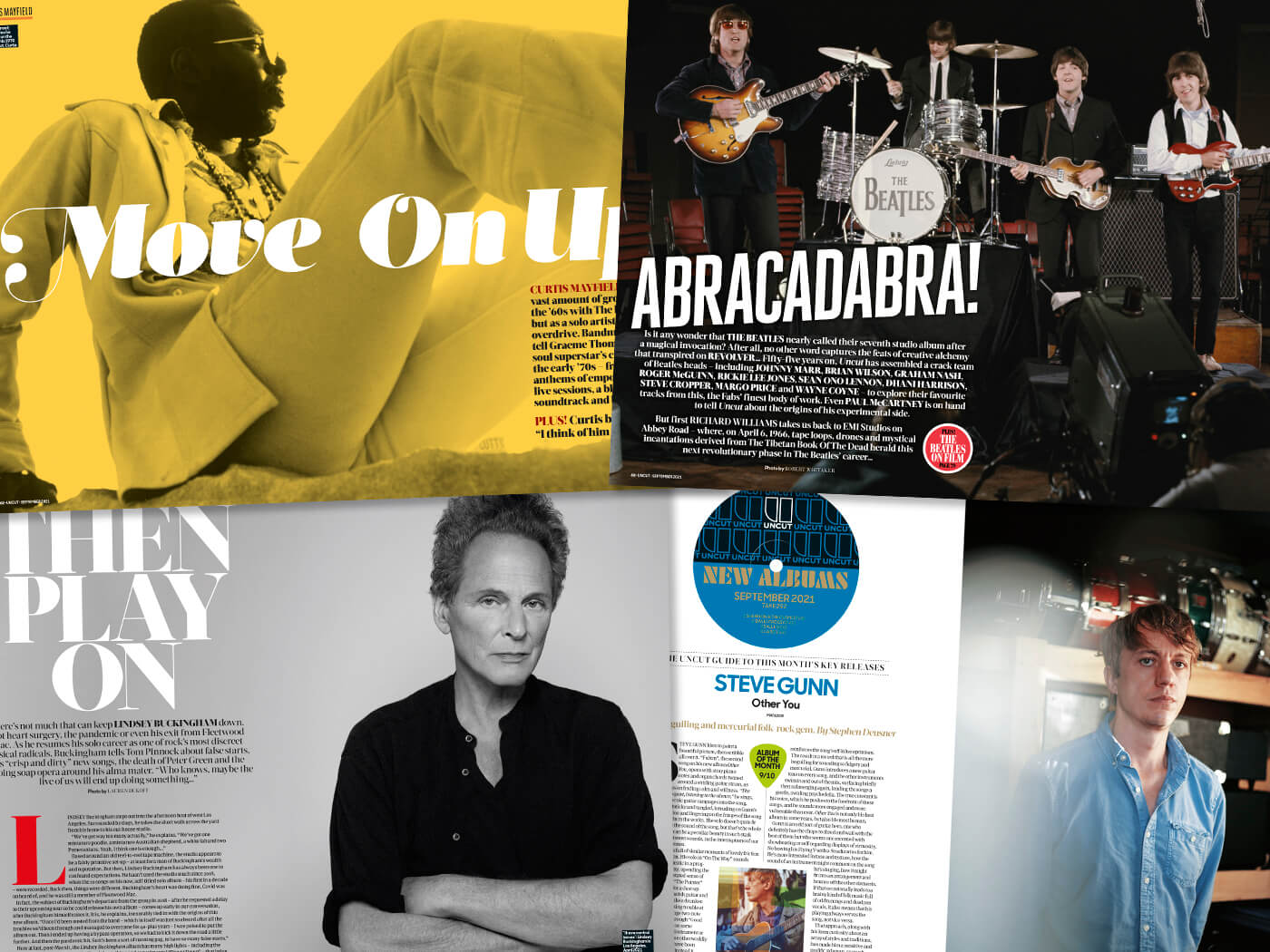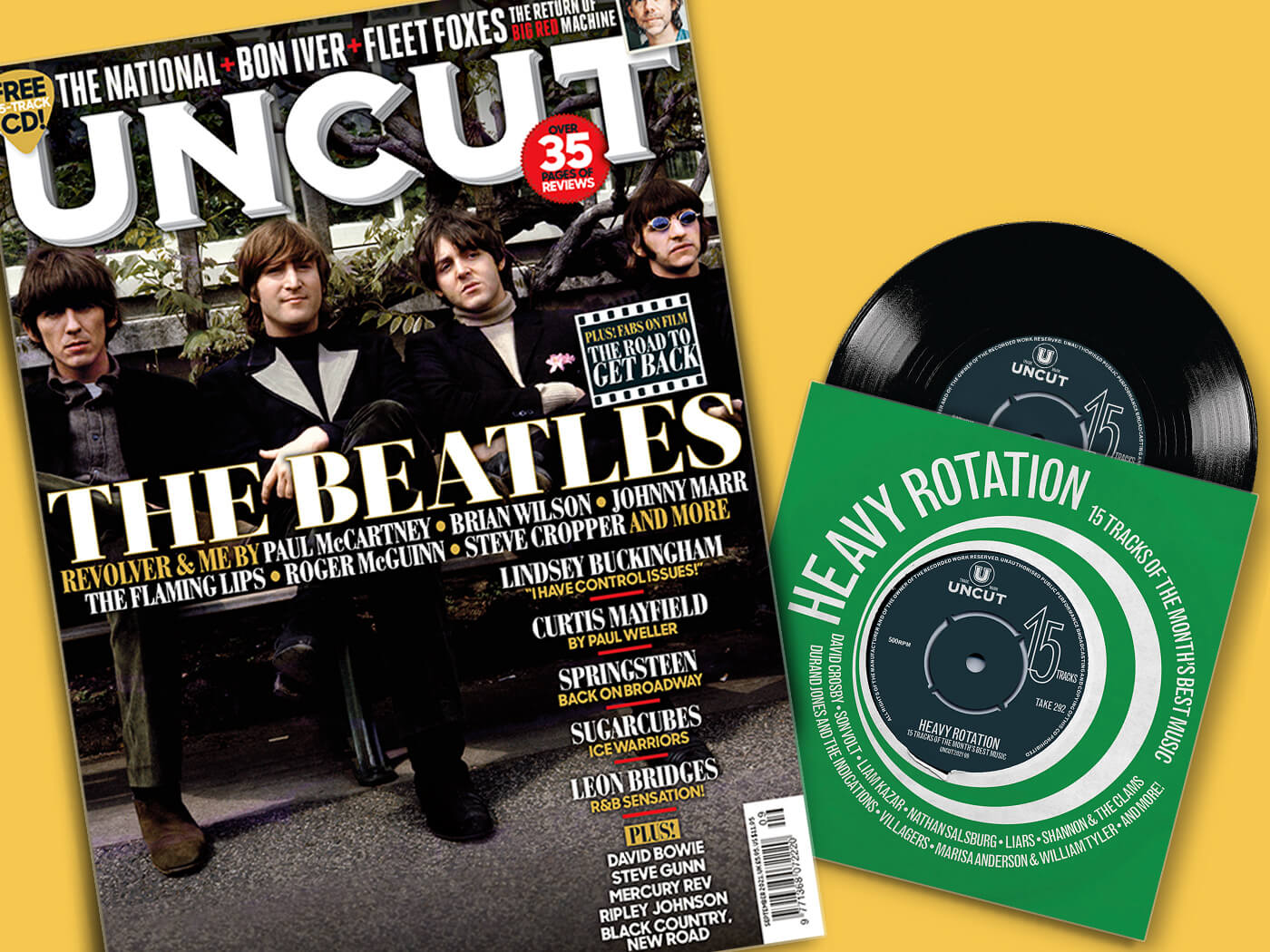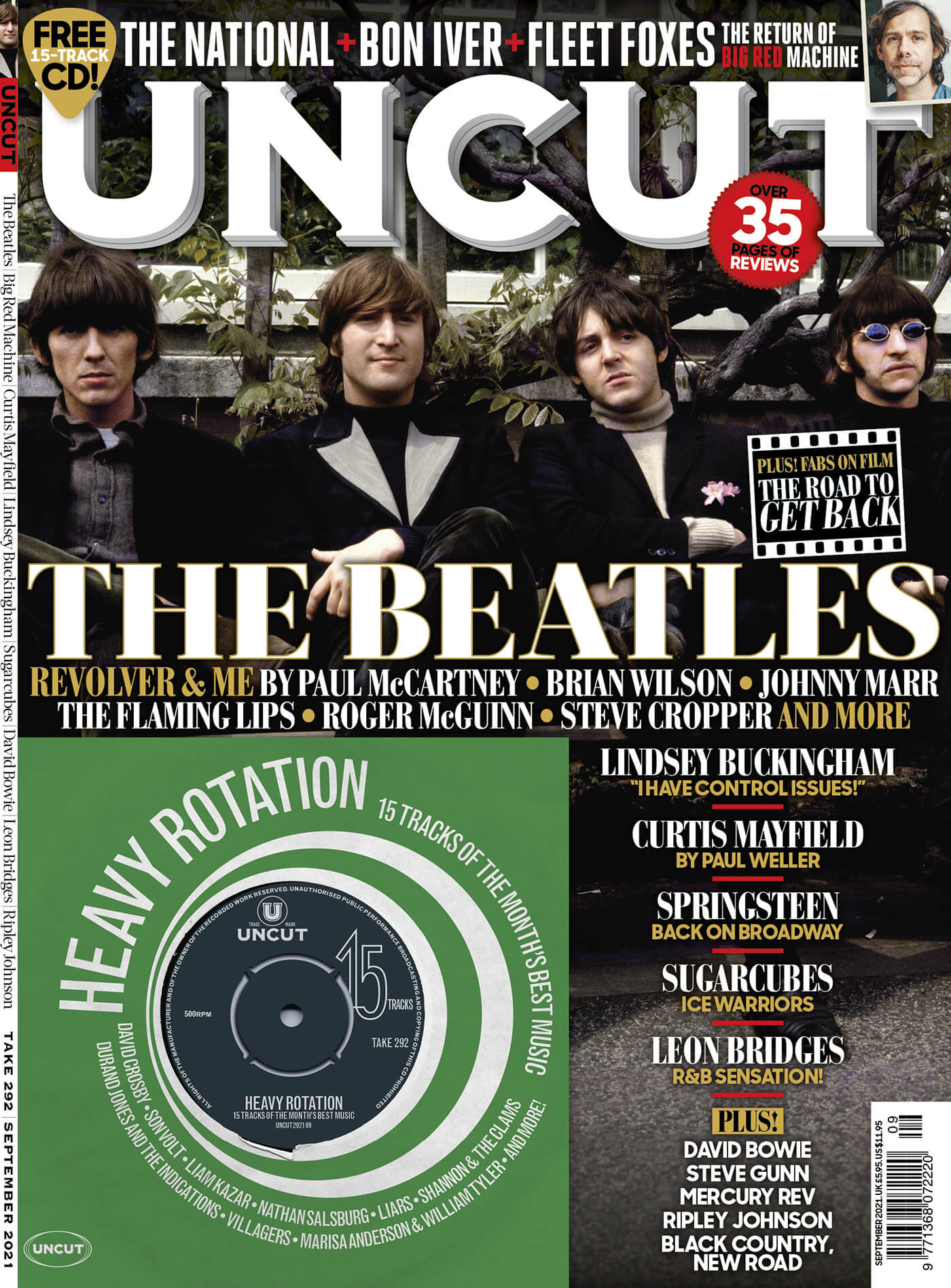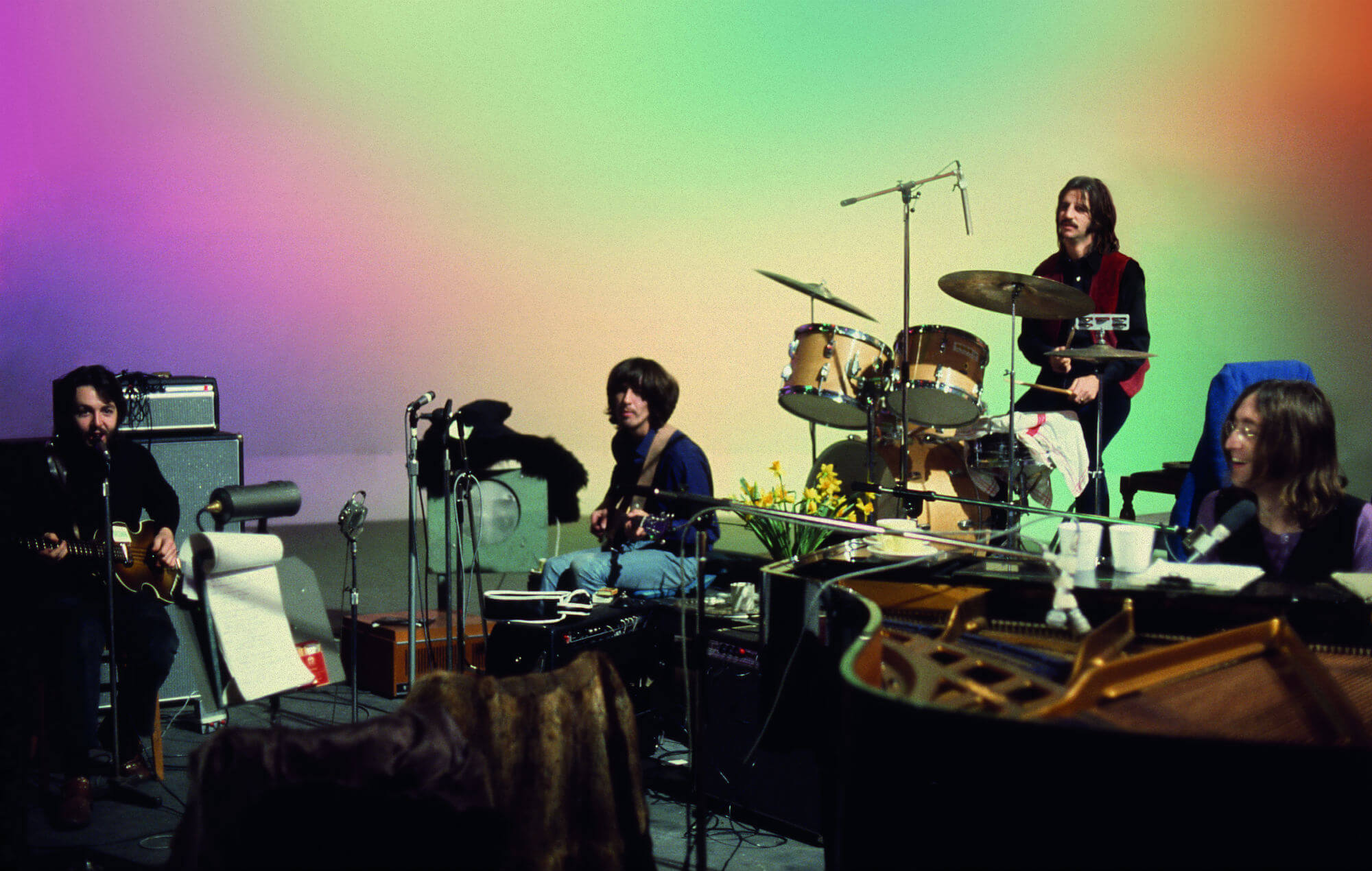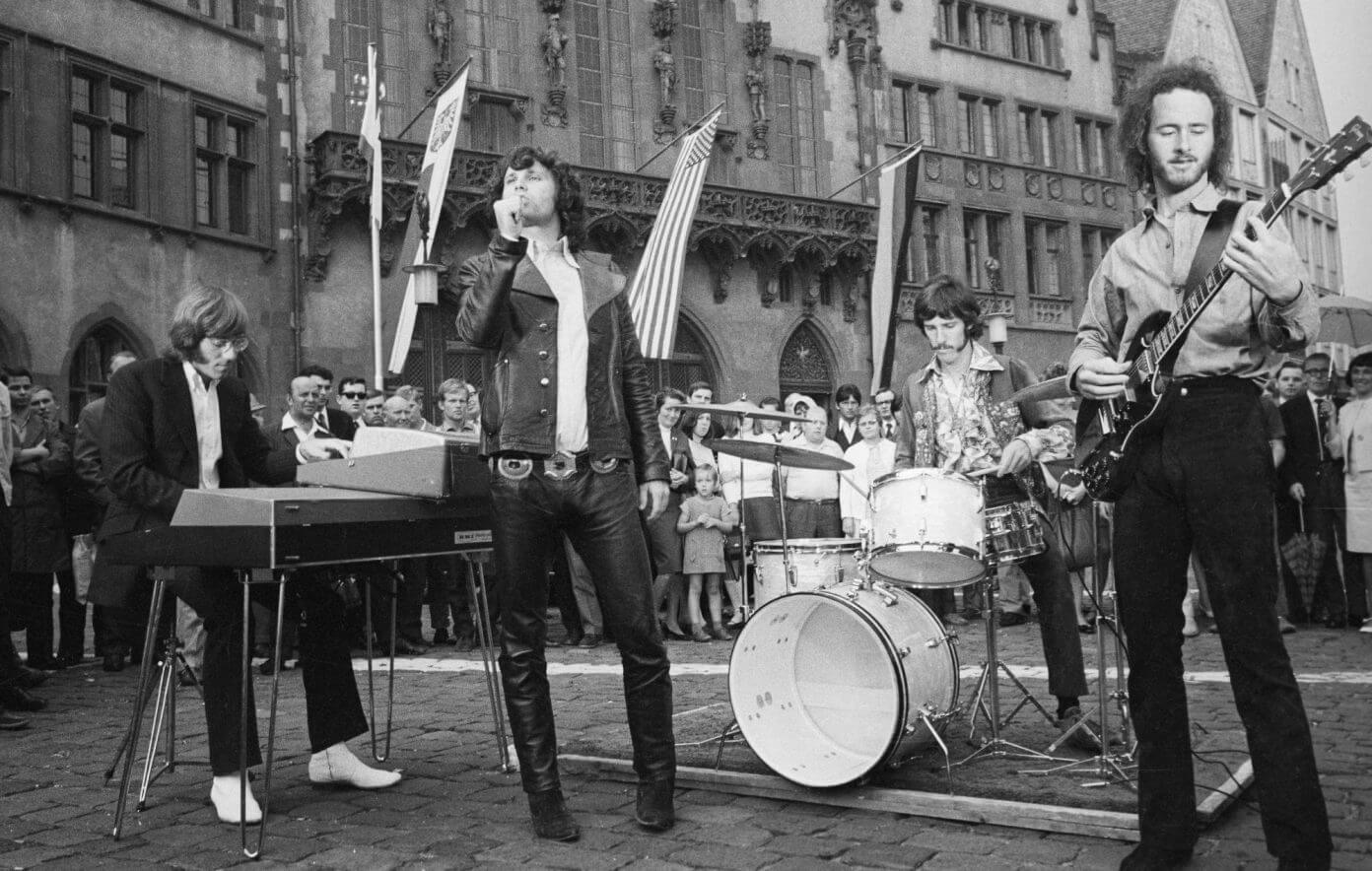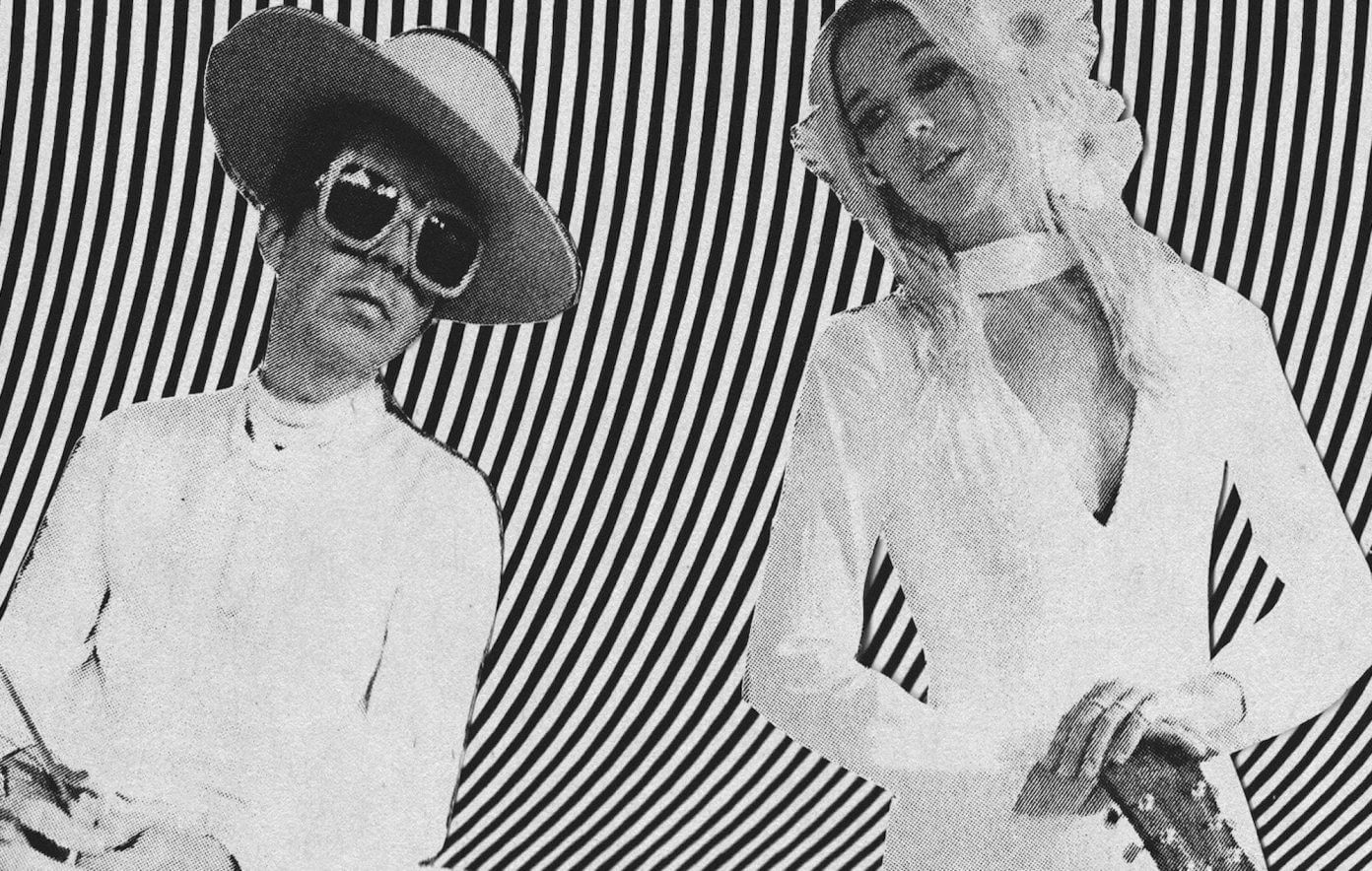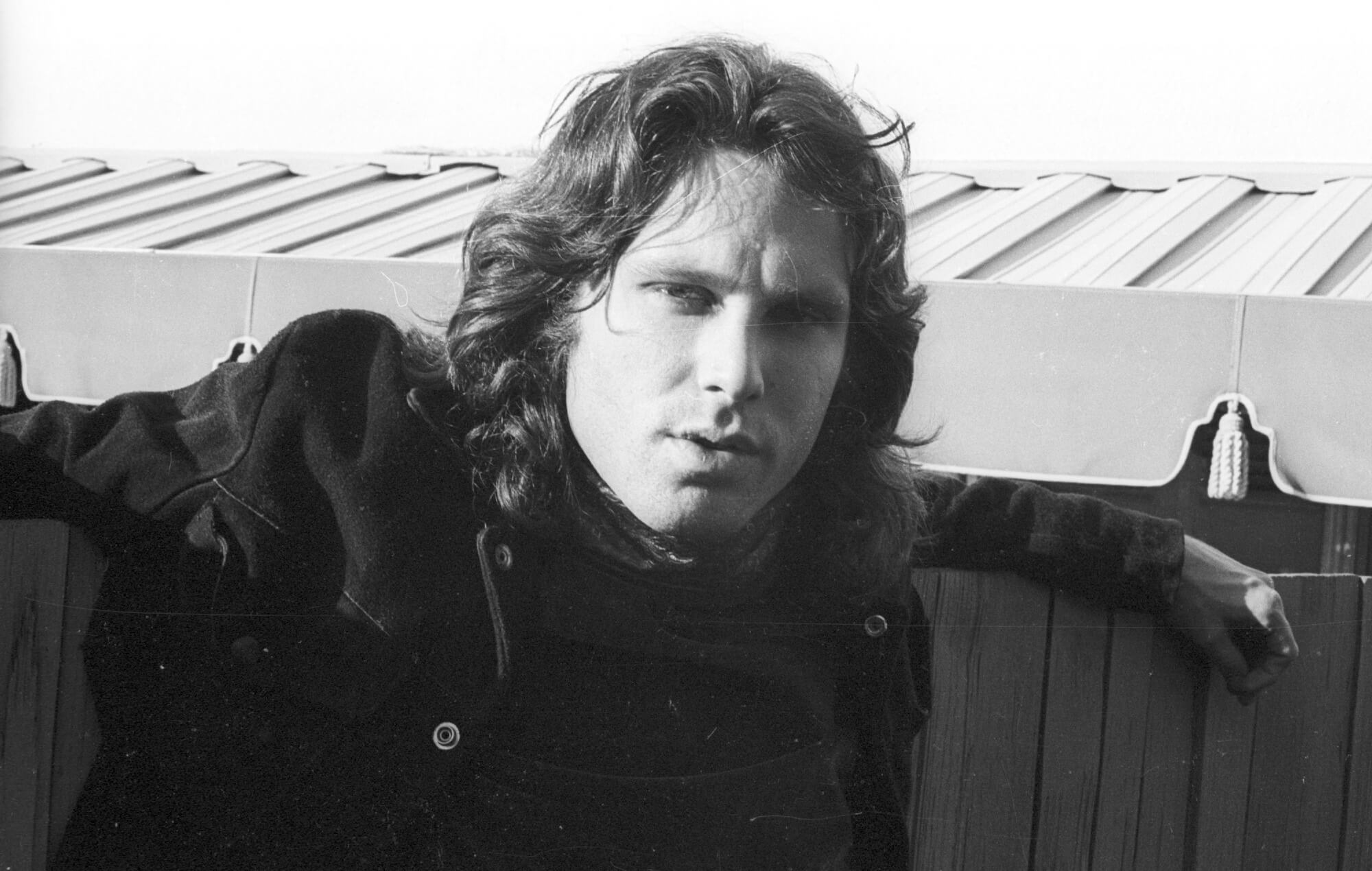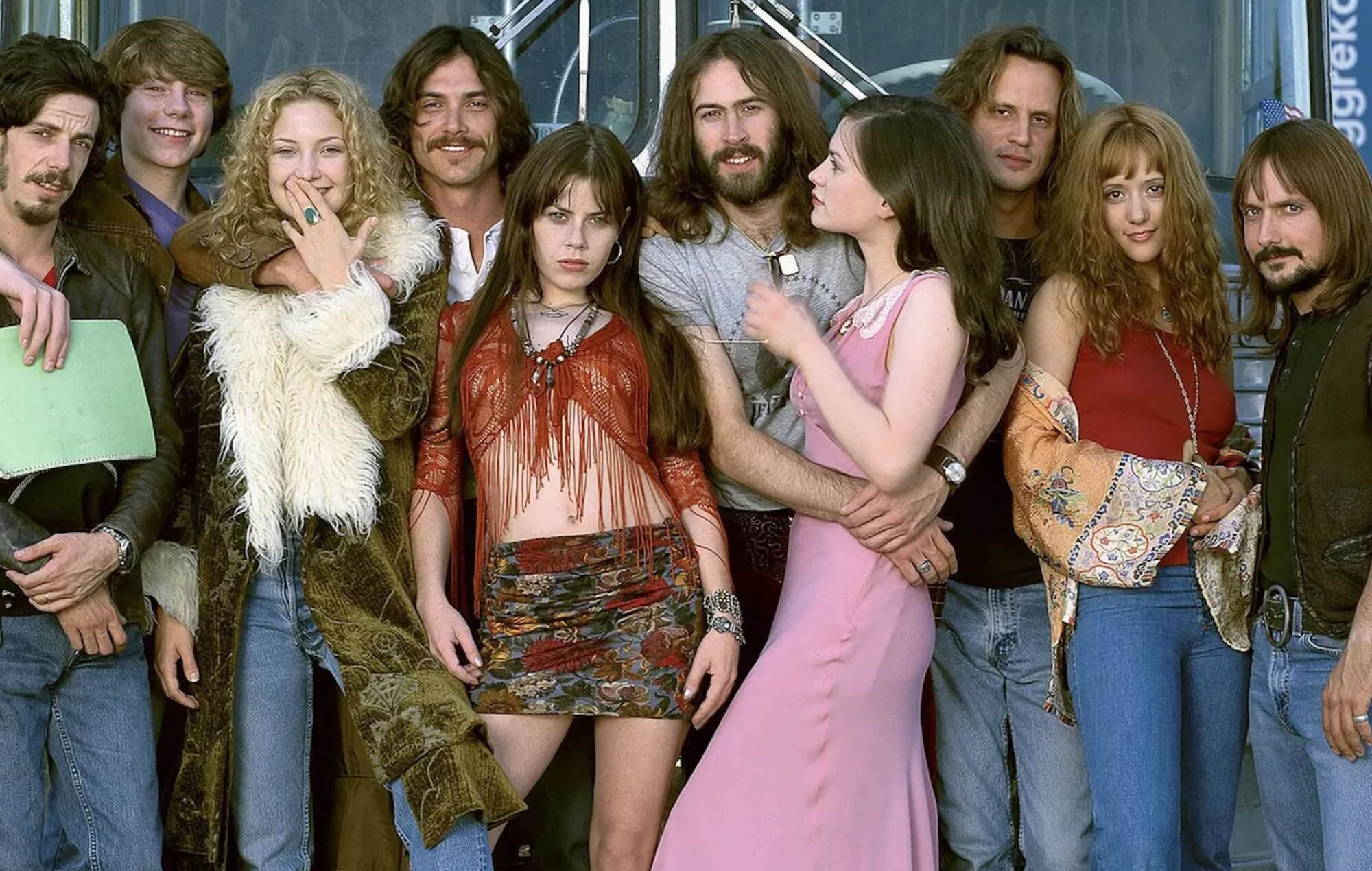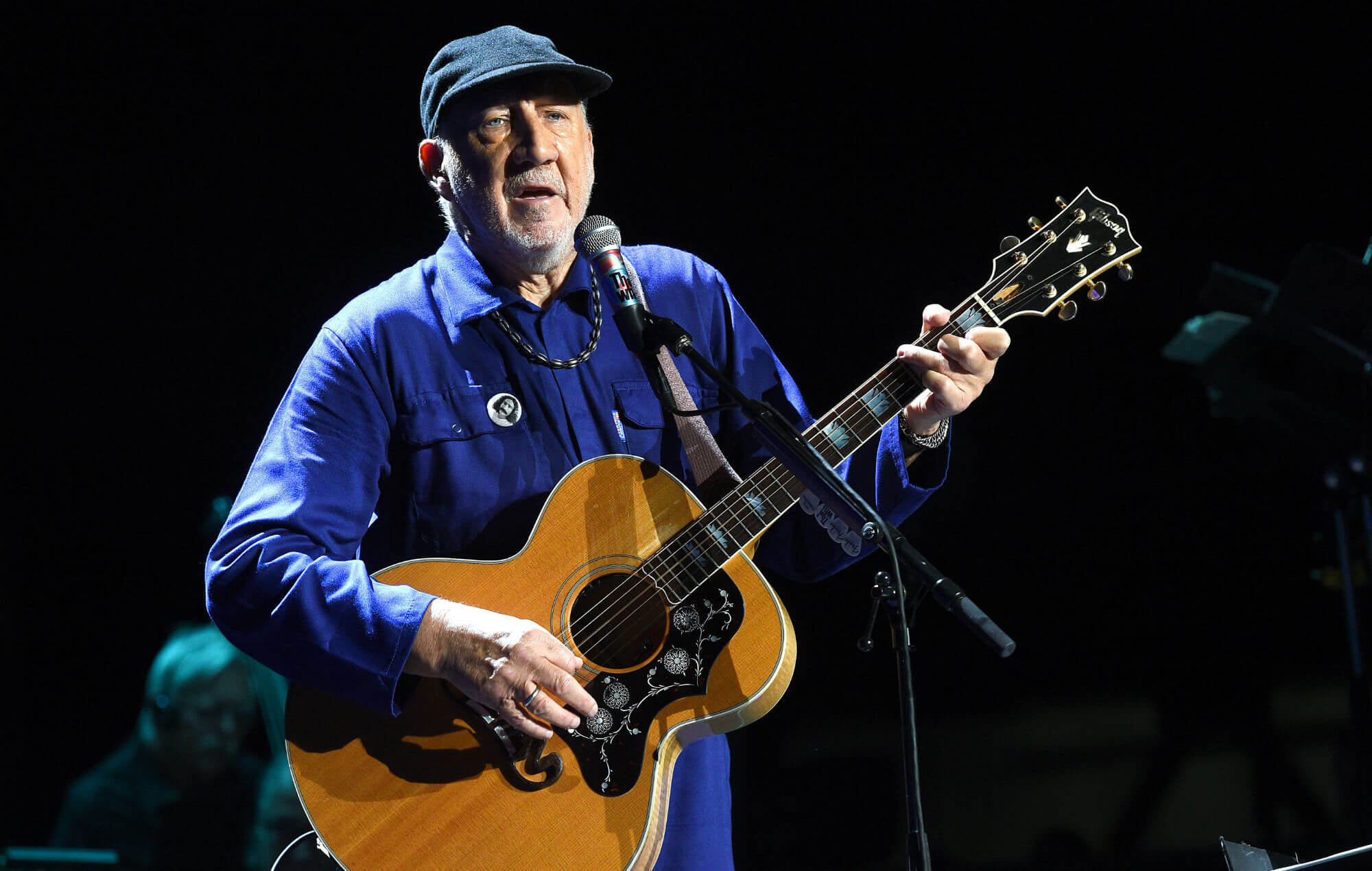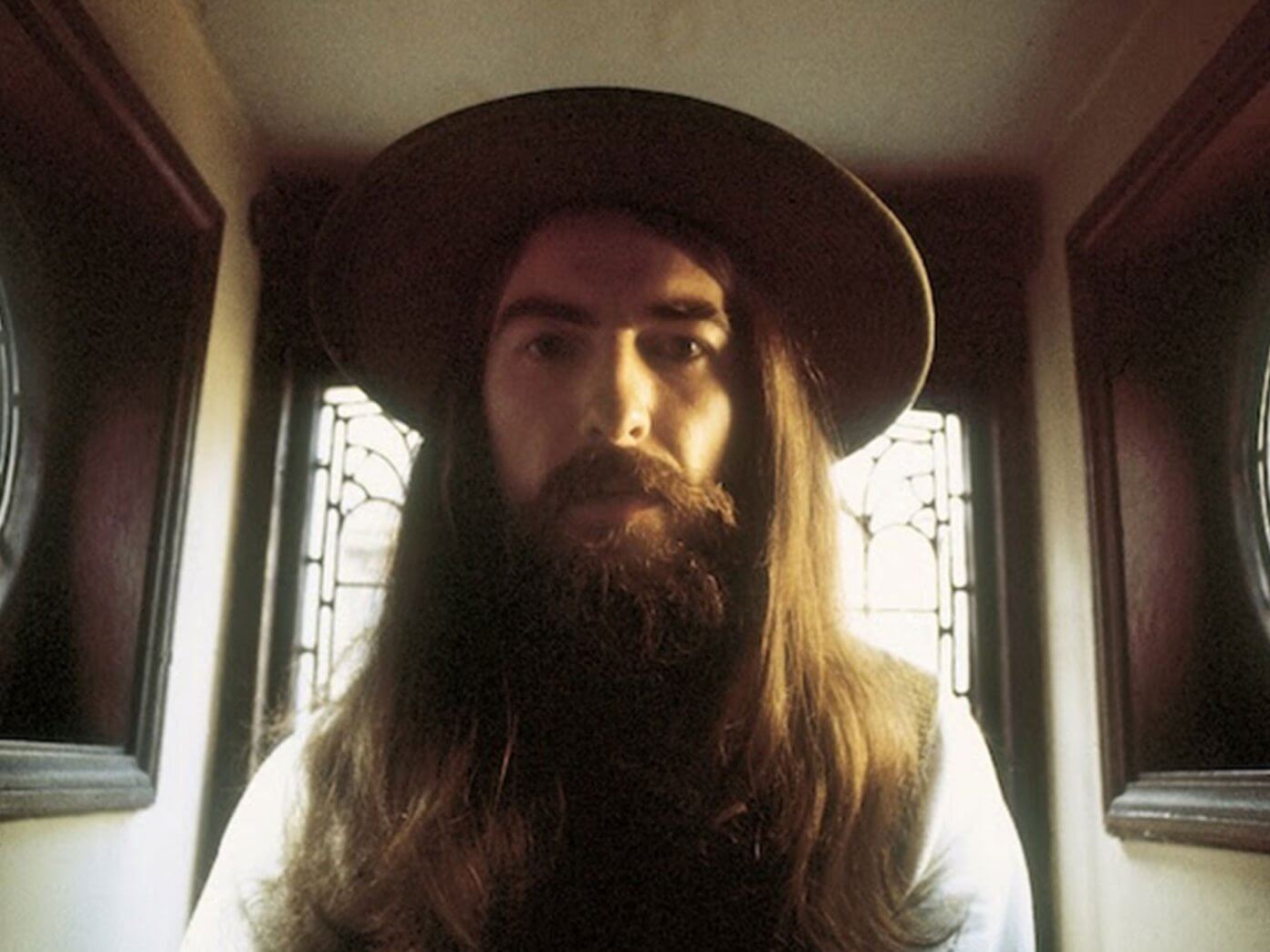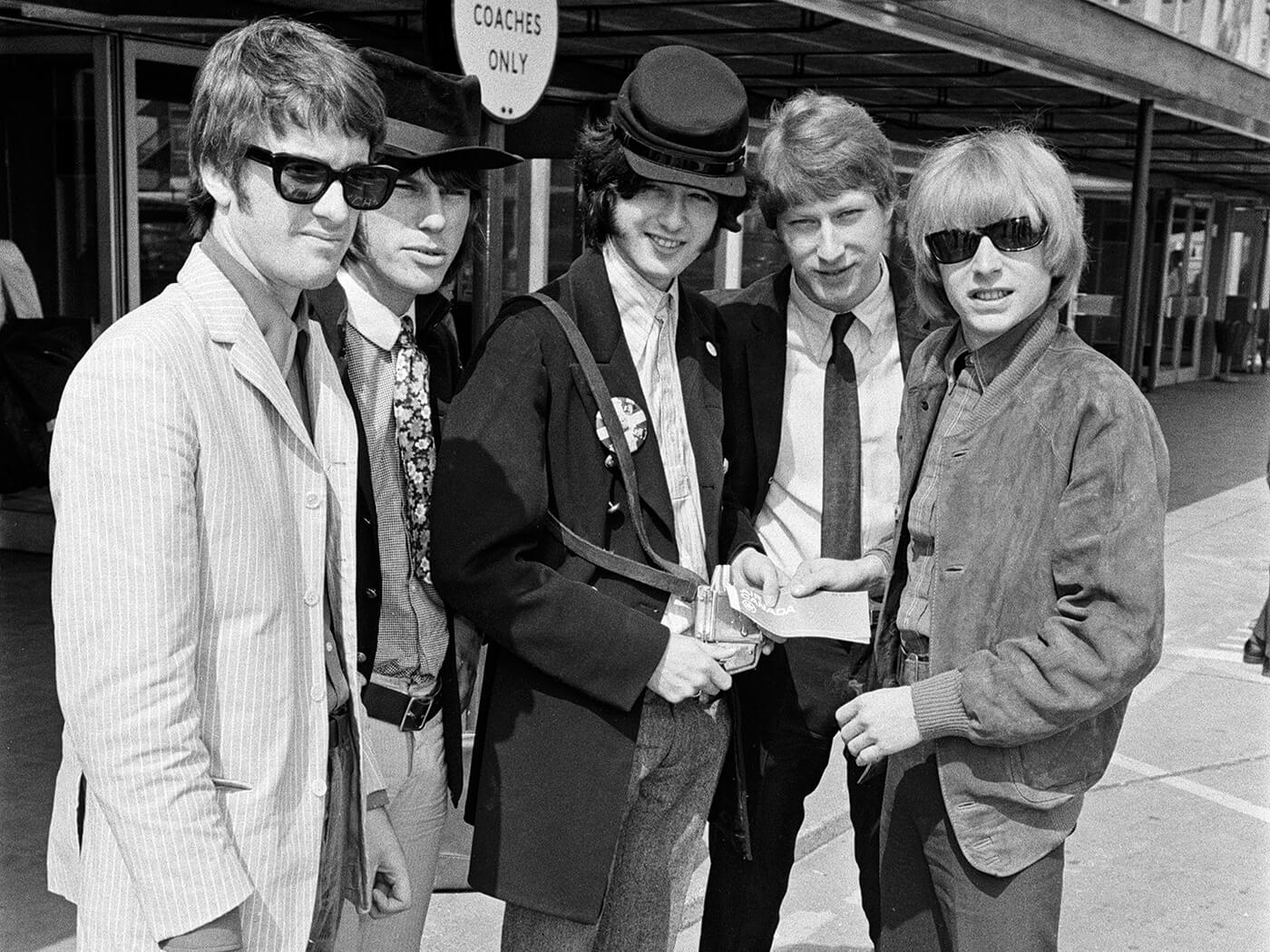CLICK TO GET THE NEW UNCUT DELIVERED TO YOUR DOOR
The Beatles, Lindsey Buckingham, Big Red Machine, Leon Bridges, Bruce Springsteen, Steve Gunn, Curtis Mayfield, Shannon And The Clams, Mercury Rev, The Sugarcubes, Ripley Johnson, The Beach Boys and The Lovin’ Spoonful all feature in the new Uncut, dated September 2021 and in UK shops from July 15 or available to buy online now. As always, the issue comes with a free CD, this time comprising 15 tracks of the month’s best new music.
THE BEATLES: Is it any wonder that The Beatles nearly named their seventh studio album after a magical invocation? After all, no other word captures the feats of creative alchemy that transpired on Revolver… Fifty-five years on, Uncut has assembled a crack team of Beatles heads – including Johnny Marr, Brian Wilson, Graham Nash, Roger McGuinn, Rickie Lee Jones, Sean Ono Lennon, Dhani Harrison, Steve Cropper, Margo Price and Wayne Coyne – to explore their favourite tracks from this, the Fabs’ finest body of work. Even Paul McCartney is on hand to tell Uncut about the origins of his experimental side.
OUR FREE CD! HEAVY ROTATION: 15 fantastic tracks from the cream of the month’s releases, including songs by Son Volt, Liam Kazar, Nathan Salsburg, Bnny, Shannon And The Clams, Suzie Ungerleider, The Scientists, Villagers and more.
This issue of Uncut is available to buy by clicking here – with FREE delivery to the UK and reduced delivery charges for the rest of the world.
Inside the issue, you’ll find:
LINDSEY BUCKINGHAM: There’s not much that can keep this singer-songwriter down. Not heart surgery, the pandemic or even his exit from Fleetwood Mac. As he resumes his solo career as one of rock’s most discreet musical radicals, Buckingham tells Uncut about false starts, his “crisp and dirty” new songs, the death of Peter Green and the ongoing soap opera around his alma mater. “Who knows, maybe the five of us will end up doing something…”
CURTIS MAYFIELD: He covered a vast amount of ground during the ’60s with The Impressions – but as a solo artist he went into overdrive. Bandmates and family tell Graeme Thomson about the soul superstar’s creative peak in the early ’70s – from pioneering anthems of empowerment to killer live sessions, a blaxploitation soundtrack and beyond…
BIG RED MACHINE: Deep in upstate New York, The National’s Aaron Dessner is masterminding the next phase of Big Red Machine – the musical collective he founded with Bon Iver’s Justin Vernon. Friends and contributors – including Fleet Foxes’ Robin Pecknold and Anaïs Mitchell– join Laura Barton to discuss community, collaboration and creative “mess”… Reveals Dessner, “We’ve never had a master plan!”
LEON BRIDGES: Blending avowedly ‘retro’ R&B with lo-fi garage grit, Leon Bridges became a Grammy-winning Texan success story. Back home in Fort Worth, he tells Stephen Deusner of the nocturnal LA sessions that birthed his third album Gold-Diggers Sound. “It’s hard to unlock a sexy vibe at 11am,” he reasons.
THE SUGARCUBES: It is 1987 and the Sugarcubes’ extraordinary debut single, “Birthday” is galloping up the charts. As the band put the finishing touches to their breakthrough album Life’s Too Good, Melody Maker’s Chris Roberts learns the Icelandic art of creation, and inspiration from Björk, Einar and their cohorts.
BRUCE SPRINGSTEEN: The Boss’ acclaimed autobiographical show makes an emotional return to Broadway.
MERCURY REV: From their base in the cosmic Catskills, Jonathan Donahue and Grasshopper recall rolling with Alan Vega, deafening Bob Dylan and a ruckus at the Royal Albert Hall.
THE LOVIN’ SPOONFUL: The making of “Summer In The City”.
RIPLEY JOHNSON: Album by album with the eccentric star.
STEVE GUNN: New album Other You is a beguiling and mercurial folk gem.
CLICK TO GET THE NEW UNCUT DELIVERED TO YOUR DOOR
In our expansive reviews section, we take a look at new records from Shannon And The Clams, David Crosby, Son Volt, Sault, Nathan Salsburg, Liars, Liam Kazar, and more, and archival releases from The Beach Boys, George Harrison, Aztec Camera, Christine Perfect, Jackie Leven and others. We catch Eliza and Martin Carthy and Black Country, New Road live; among the films, DVDs and TV programmes reviewed are Riders Of Justice, Summer Of Soul and Night Of The Kings; while in books there’s Baxter Dury and Genesis P-Orridge.
Our front section, meanwhile, features Bruce Springsteen, Karen Black, Edward Bell, and Juni Habel, while, at the end of the magazine, Martha Wainwright reveals the records that have soundtracked her life.
You can pick up a copy of Uncut in the usual places, where open. But otherwise, readers all over the world can order a copy from here.
CLICK TO GET THE NEW UNCUT DELIVERED TO YOUR DOOR







